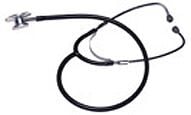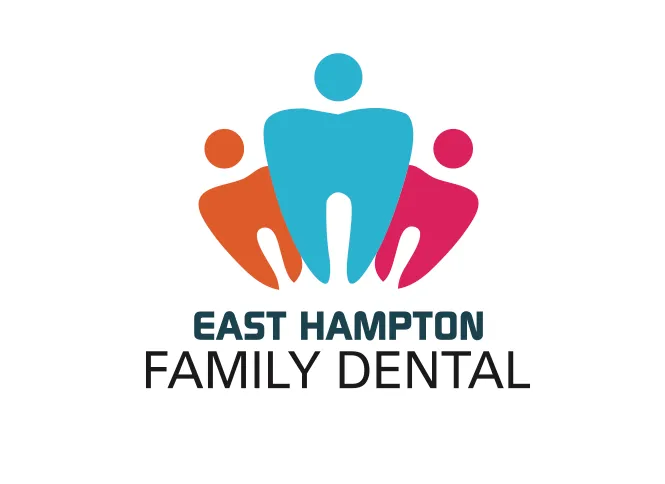 Certain kinds of medications can have an adverse effect on your teeth.
Certain kinds of medications can have an adverse effect on your teeth.
Long ago, children exposed to tetracycline developed tooth problems, including discoloration, later in life. The medication fell out of use, however, and is not an issue today.
The best precaution is to ask your family physician if any medications he or she has prescribed can have a detrimental effect on your teeth or other oral structures.
A condition called dry mouth is commonly associated with certain medications, including antihistamines, diuretics, decongestants and pain killers. People with medical conditions, such as an eating disorder or diabetes, are often plagued by dry mouth. Other causes are related to aging (including rheumatoid arthritis), and compromised immune systems. Garlic and tobacco use are other known culprits.
Dry mouth occurs when saliva production drops. Saliva is one of your body's natural defenses against plaque because it acts to rinse your mouth of cavity-causing bacteria and other harmful materials.
Some of the less alarming results of dry mouth include bad breath. But dry mouth can lead to more serious problems, including burning tongue syndrome, a painful condition caused by lack of moisture on the tongue.
If dry mouth isn't readily apparent, you may experience other conditions that dry mouth can cause, including an overly sensitive tongue, chronic thirst or even difficulty in speaking.
Heart Disease
Poor dental hygiene can cause a host of problems outside your mouth—including your heart.
Medical research has uncovered a definitive link between heart disease and certain kinds of oral infections such as periodontal disease. Some have even suggested that gum disease may be as dangerous as or more dangerous than other factors such as tobacco use.
A condition called chronic periodontitis, or persistent gum disease, has been linked to cardiovascular problems by medical researchers.
In short, infections and harmful bacteria in your mouth can spread through the bloodstream to your liver, which produces harmful proteins that can lead to systemic cardiac problems. That’s why it’s critical to practice good oral hygiene to keep infections at bay—this includes a daily regimen of brushing, flossing and rinsing.
Antibiotic Prophylaxis
In some cases, patients with compromised immune systems or who fear an infection from a dental procedure may take antibiotics before visiting the dentist.
It is possible for bacteria from your mouth to enter your bloodstream during a dental procedure in which tissues are cut or bleeding occurs. A healthy immune system will normally fight such bacteria before they result in an infection.
However, certain cardiovascular conditions in patients with weakened hearts could be at risk for an infection or heart muscle inflammation (bacterial endocarditis) resulting from a dental procedure.
Patients with heart conditions (including weakened heart valves) are strongly advised to inform our office before undergoing any dental procedure. The proper antibiotic will prevent any unnecessary complications.

